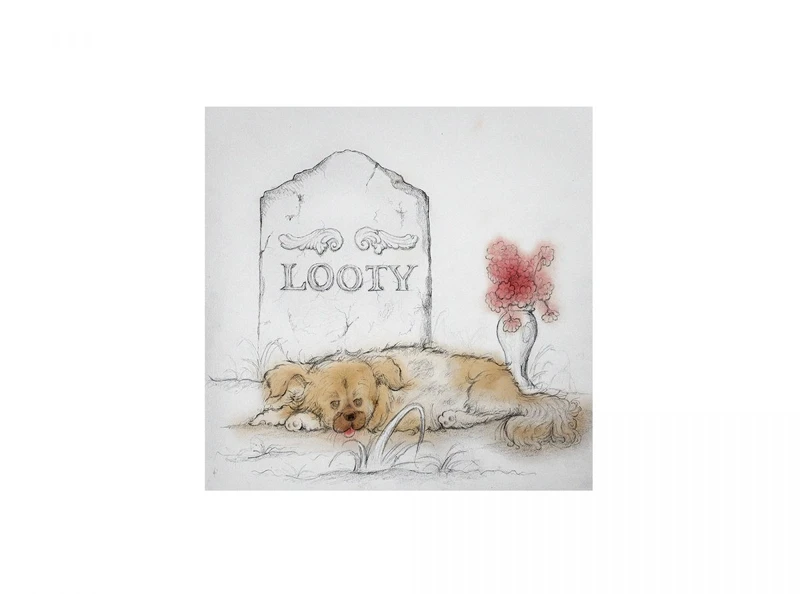Amy Lam: Looty Goes to Heaven 洛蒂上天堂
4 Jun-6 Aug 2022
PV 3 Jun 2022, 6-8pm


A small Pekingese dog was taken from China at the end of the Second Opium War by British troops, brought to England, and gifted to Queen Victoria. This dog was renamed Looty, after the activity of “looting,” and in reference to how the dog was "found" during the looting of the Summer Palace (Yuanmingyuan) outside of Beijing. Looty lived for twelve years at the British royal palaces and died in 1872. It is not known where she was buried.
Looty Goes to Heaven revives Looty’s story in the context of Birmingham, which is the current site of Crufts, the largest dog show in the world, as well as the home of Ty-phoo tea, a brand named after the Chinese word for doctor. The colonial trades of tea and opium were closely linked and directly led to the Opium Wars. Similarly, the arrival of Pekingese dogs in England informed new trends in dog breeding and eugenics. Like the other living things brought into colonial systems of profit, Looty became more precious because she was stolen, but also more degraded.
Looty Goes to Heaven takes the form of an animation, a speculative fiction book, and a poppy meadow, presented in the area of Digbeth near where the now-defunct Ty-phoo Tea Factory is located. The looping animation shows Looty in a state of eternal rest, while the speculative fiction book, available for free in English and Traditional Chinese, imagines what Looty’s life and after-life may have been like. The publication will be available at Eastside Projects and other screening sites.
The meadow, to be planted after the Games end, is a legacy project that will feature varieties of papaver somniferum (opium poppy) alongside a wildflower meadow. A small version of this meadow will grow this summer at the Digbeth Community Garden.